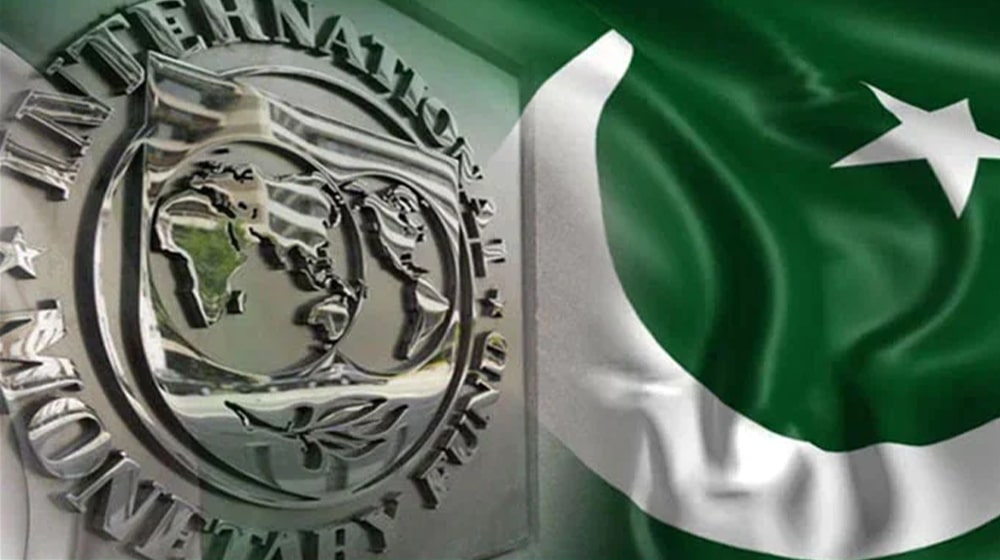The International Monetary Fund (IMF) has stated that Pakistan has failed to effectively prevent money laundering schemes, citing significant shortcomings in the country’s beneficial ownership framework.
The IMF has completed its Governance and Corruption Diagnostic Assessment Report, which is expected to be released later this month. According to sources, a draft of the report has already been shared with the Government of Pakistan for review. The government will assess the IMF’s observations and recommendations before the report’s official release.
The IMF report highlights major flaws in the implementation of Pakistan’s beneficial ownership system. It notes the lack of evidence of data sharing between institutions and points out that Pakistan has been unable to effectively prevent money laundering schemes.
The report further states that without proper data, it is difficult to prevent fake companies from securing government contracts. Weak coordination between key institutions, including the Securities and Exchange Commission of Pakistan (SECP), the State Bank of Pakistan (SBP), and the Federal Board of Revenue (FBR), has also been identified. Additionally, there is a lack of communication between commercial banks and investigative agencies.
The IMF report emphasizes that weak legislation and inter-agency access have rendered the system ineffective. It also highlights that data on the real owners of companies is not being utilized effectively. Regular data exchange between institutions is deemed essential for financial investigations, as Pakistan’s beneficial ownership framework is of critical importance.
The IMF has proposed the establishment of an institutional working group to review data and improve coordination between institutions. This group would aim to address the gaps in data sharing and ensure the effective use of beneficial ownership information.
